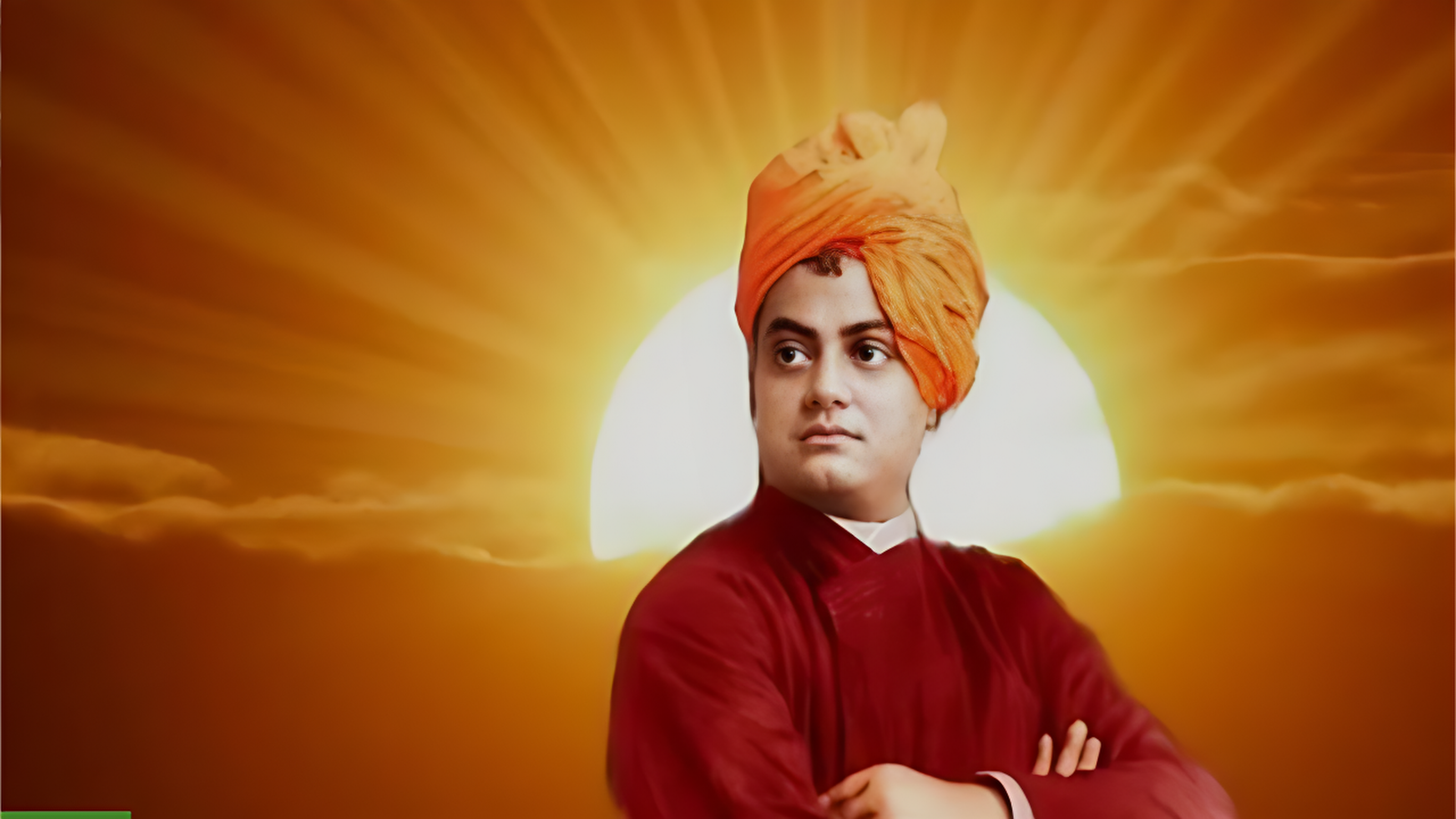Swami Vivekananda (1863-1902) was an iconic figure in the history of India's spiritual and philosophical landscape. Born as Narendranath Datta in Kolkata, he later became renowned as Swami Vivekananda, a name that would be synonymous with India's spiritual renaissance and its impact on the world.
Early Life and Education:
Narendranath's upbringing was influenced by a blend of traditional Hindu values and modern ideas. His father, Vishwanath Datta, was an attorney, while his mother, Bhuvaneshwari Devi, instilled in him a deep sense of spirituality. Narendranath excelled in academics and had a voracious appetite for learning.
Meeting Ramakrishna Paramahamsa:
Narendranath's life took a transformative turn when he met Sri Ramakrishna Paramahamsa, a revered saint and mystic, in 1881. Under Ramakrishna's tutelage, Narendranath discovered the depth of spiritual wisdom and experienced profound spiritual awakening. This encounter laid the foundation for his future role as a spiritual leader.
Founding of the Ramakrishna Math and Mission:
After Ramakrishna's passing, Swami Vivekananda sought to disseminate his guru's teachings and philosophy. In 1897, he established the Ramakrishna Math, a monastic order, and the Ramakrishna Mission, a philanthropic organization. The mission's objective was to serve humanity and alleviate social problems while promoting spiritual growth.
World Parliament of Religions, Chicago:
Swami Vivekananda's defining moment came in 1893 when he represented Hinduism at the World Parliament of Religions in Chicago. His famous speech, beginning with "Sisters and brothers of America," captivated the audience, introducing them to the profound principles of Vedanta and the universality of religious harmony. This landmark address established him as a global ambassador of Hindu philosophy and earned him worldwide recognition.
Spreading Vedanta and Hindu Philosophy:
Following his success in Chicago, Swami Vivekananda embarked on numerous lecture tours across the United States and Europe. He delivered thought-provoking talks, emphasizing the unity of religions, the importance of self-realization, and the potential of every individual to realize their divinity. His teachings inspired countless individuals and kindled a fascination for Indian spirituality and philosophy.
Legacy and Influence:
Swami Vivekananda's impact extended beyond his time. His teachings continue to inspire millions of people worldwide, and the Ramakrishna Math and Mission have expanded globally, engaging in various humanitarian and educational activities. His vision of a harmonious society, based on the principles of selflessness, service, and spiritual growth, remains relevant and continues to resonate with people of diverse backgrounds.
Conclusion:
Swami Vivekananda's life and teachings epitomize the synthesis of spirituality and social service. He played a pivotal role in revitalizing Hinduism and presenting its universal message to the world. With his timeless wisdom, charismatic personality, and unwavering dedication, Swami Vivekananda remains an iconic figure in the annals of history, whose legacy continues to inspire individuals towards self-realization, social harmony, and the pursuit of a higher purpose.


